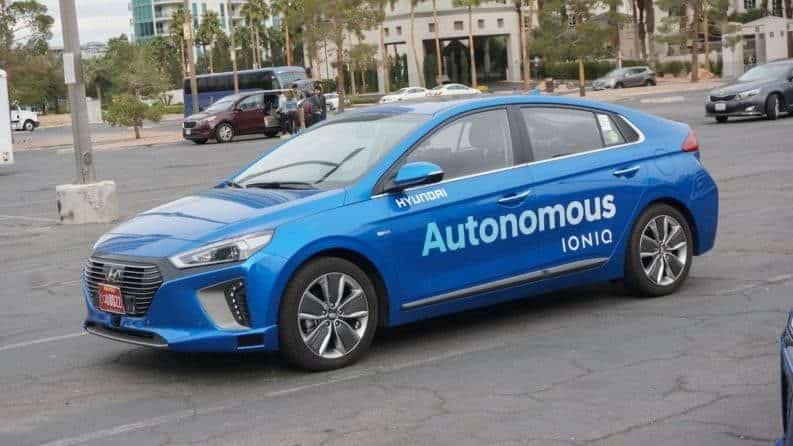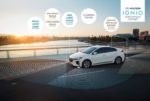Hyundai Motor Group has decided to hire Lee Jin-Woo, a former General Motors researcher, to help oversee its fully autonomous (self-driving) vehicle center. Why a former GM researcher? Well, the fact that he was a former GM researcher is irrelevant to Hyundai. Instead, the brand is interested in the fact that he led the autonomous driving technology development at GM for more than a decade. He has more than enough experience (and is fully qualified) to lead Hyundai’s Intelligent Safety Technology Center, a self-driving center and plant shared by Hyundai Motors and Kia Motors.
Let’s take a closer look at what Hyundai’s center is going to be used for, and how the future of autonomous vehicles is a lot closer than we might think.
Intelligent Safety Technology Center (ISTC)
For the sake of ease, I’m giving Hyundai’s Intelligent Safety Technology Center the acronym of ISTC.
The ISTC is going to focus on a few different things. First and foremost, the goal is to enhance the existing advanced driver aid systems you see on Hyundai vehicles. You know, features like lane keep assist/departure warning, rear cross traffic alert, etc. That way, those technologies will always be up to date. Since safety has been a number one priority for Hyundai, that’s not really surprising. I mean, they designed a test town in order to see how their advanced safety features react in a more realistic environment.
However, the word technology in ISTC doesn’t just stand for safety technology. It also stands for progressive technology, like the fully autonomous vehicles Hyundai is clearly looking to produce in the future. At this center, Hyundai (with Jin-Woo at the forefront) will be looking to conduct artificial intelligence (AI) research related to self-driving car technologies. It’s simply not for testing, Hyundai will be looking to release this technology (like all other automakers working on autonomous vehicles) as commercial entities in the future.
A World Of Self-Driving Cars Is Closer Than You Might Think
What else does Hyundai have to say about its new center? The brand plans on having “highly automated” vehicles by 2020 with the research completed thus far, and fully autonomous vehicles by the year 2030.
Some are arguing that this might take longer than Hyundai is anticipating, since other rivals who have been working on fully-autonomous vehicle technology for years are promising them sooner. Not to mention, those automakers already have semi-autonomous (partially self-driving) vehicle technologies in the works or already released.
As far as the overall goal of getting fully-autonomous vehicles to the commercial market, it doesn’t really matter what experts are saying about Hyundai needing to play catch-up. That’s irrelevant, considering that other companies have been working on this technology for a while. By that logic, if Hyundai is late to the party in 2030, we can expect other fully-autonomous vehicles to be on the road well before then.
It’s 2017 now folks, which means a fully-autonomous automotive market could very well only be around 10 years away. If some of the other automakers make larger leaps than they are predicting (I’m looking at you, Volvo!) then it’s possible we could see fully-autonomous vehicles even earlier than that.
That’s crazy to think about, am I right?




